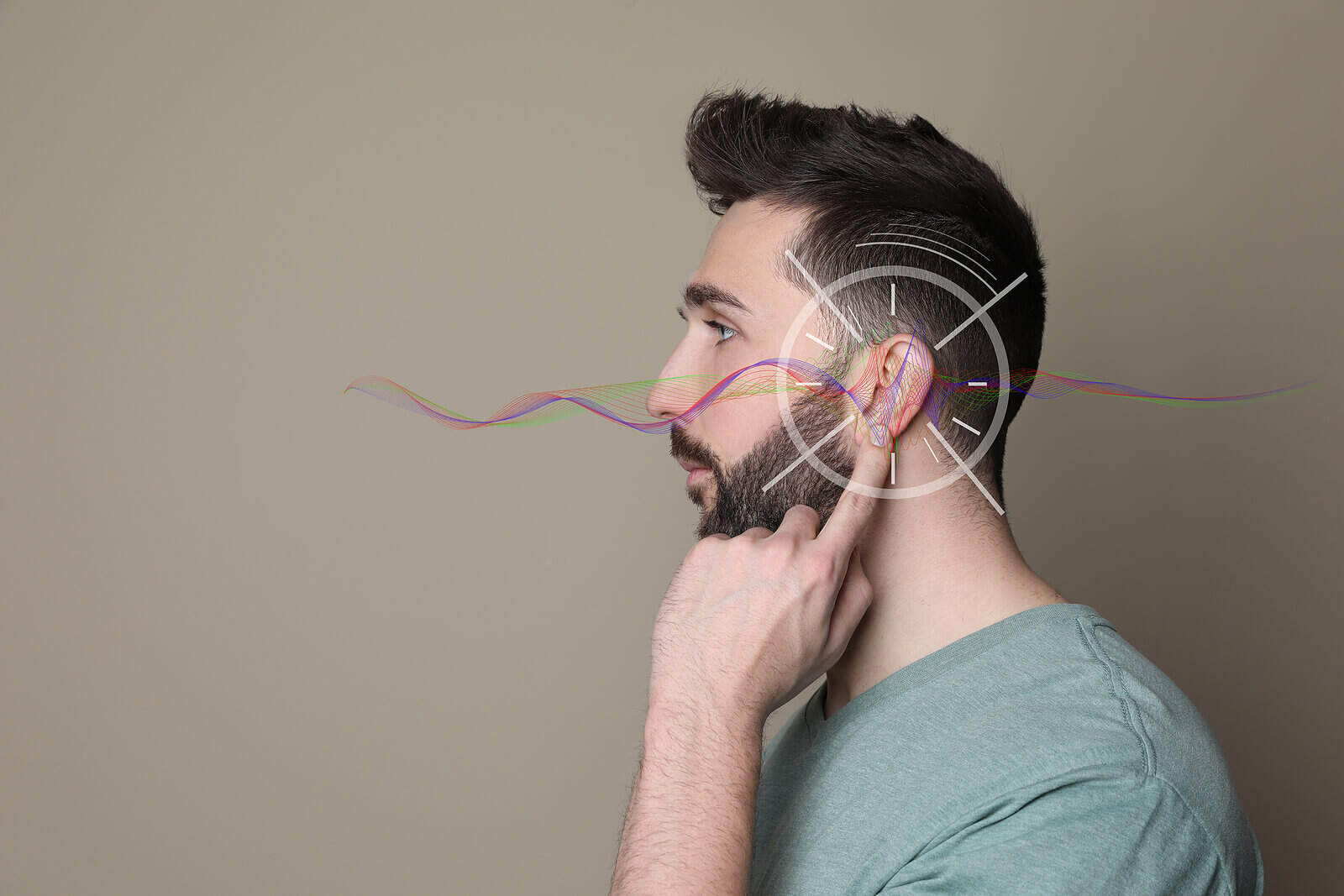
- A Step-by-Step Look at How Hearing Aids Make Sounds Sharper - May 5, 2025
- Causes of Conductive Hearing Loss? - April 27, 2025
- Can Treating Hearing Loss Reduce Stress? - April 15, 2025
As the symphony of life plays on, our senses intricately shape our experiences. Sound, in particular, serves as a vital conduit through which we connect with our surroundings and with each other. However, just as the passage of time bestows wisdom and experience, it also brings subtle changes to our physiological systems. One of the areas where this evolution becomes evident is in our sensitivity to sound as we age. As dedicated hearing professionals, we embark on a journey to explore this phenomenon, discussing the latest advancements in hearing loss prevention, diagnosis, and management.
The Evolution of Sound Sensitivity
From the delicate cooing of a newborn to the harmonious laughter of a jubilant elder, the spectrum of sound sensitivity evolves over the course of a lifetime. In our early years, our auditory system is remarkably adept at processing a broad range of frequencies and intensities. However, as the years accumulate, the hair cells within the inner ear—the auditory guardians—can experience gradual wear and tear. This can result in a phenomenon known as presbycusis, commonly referred to as age-related hearing loss.
Recent research has unveiled the intricate interplay of genetic factors, environmental influences, and lifestyle choices that can expedite or decelerate this natural process. Additionally, a growing body of evidence underscores the importance of early detection and intervention. By addressing hearing concerns proactively, we can potentially mitigate the impact of age-related changes and maintain a rich auditory experience.
Pioneering Advancements in Prevention
As pioneers in the realm of hearing health, we recognize that prevention is the cornerstone of preserving sound sensitivity. While the inevitability of age-related changes persists, there are steps we can take to safeguard our hearing well into our golden years. Recent studies have demonstrated the potential of adopting a hearing-friendly lifestyle. This includes measures such as minimizing exposure to loud noise, incorporating hearing protection in noisy environments, and maintaining a balanced diet rich in antioxidants and nutrients that support auditory health.
Furthermore, cutting-edge research has unveiled the role of novel interventions like auditory training exercises and cognitive engagement in maintaining auditory acuity. By engaging in activities that challenge the auditory system and foster neural plasticity, individuals can potentially enhance their ability to discern subtle nuances in sound.
Diagnostic Precision in the Modern Age
The journey to preserving sound sensitivity begins with accurate diagnostics. In the modern age, we are equipped with sophisticated tools that enable us to explore the intricacies of the auditory system with unparalleled precision. Audiometric tests, such as pure-tone and speech audiometry, form the bedrock of hearing assessments. These assessments help us identify the specific frequencies and intensities at which an individual’s hearing sensitivity may be compromised.
Advancements in diagnostic imaging techniques, such as high-resolution MRI and CT scans, allow us to delve deeper into the anatomy of the auditory pathway. This deeper insight can aid in identifying potential structural anomalies or pathologies that could contribute to sound sensitivity changes.
Empowering Management Strategies
The landscape of hearing loss management has witnessed a transformation, driven by technological innovations and a profound understanding of auditory physiology. Traditional interventions like hearing aids have evolved from clunky devices to sleek, technologically advanced marvels that offer personalized sound amplification. These devices can adapt to various environments, dynamically adjusting to provide optimal hearing experiences.
For those with more profound hearing loss, cochlear implants have emerged as revolutionary solutions. These implants directly stimulate the auditory nerve, bypassing damaged hair cells and enabling individuals to regain a sense of auditory perception.
Glimpsing into the Future
As we stand on the precipice of a new era, we cast our gaze toward the future of hearing health. Emerging technologies, such as gene therapy and regenerative medicine, hold the promise of restoring damaged auditory structures at a cellular level. These futuristic interventions could revolutionize the way we approach age-related hearing loss, potentially slowing down or even reversing the degenerative process.
In the grand symphony of life, our ability to savor every note is intertwined with our auditory acuity. The journey of sound sensitivity through the passage of time is a testament to the marvel of human physiology. As hearing professionals, we strive to empower individuals to embrace this journey with grace and resilience.
By adopting a hearing-friendly lifestyle, engaging in regular screenings, and embracing the array of cutting-edge interventions, we can foster a harmonious relationship between the aging process and auditory acuity. Let us continue to weave the threads of science, compassion, and innovation to ensure that the melodies of life are cherished by all, regardless of age.
We hope you found this article both informative and useful. If you have any questions or would like to schedule your next hearing checkup, please contact us. Our friendly staff are waiting to assist you with all your hearing related needs.
